The man, who has been identified as Peter Mangs, was to remain in custody until Tuesday, when a decision would be made on whether he will be charged for additional suspicions.
He remains in detention as a suspect with probable cause since he could obstruct the investigation and according to the district court, there is a risk he could continue to engage in criminal activity.
Mangs is currently in custody on suspicion of the murder of a young woman in the fall of 2009 and five cases of attempted murder.
In addition, he is now considered a suspect in the murder of two men in the Malmö’s Lindängen in the summer of 2003 and an additional five cases of attempted murder from 2006 to 2010.
Mangs denies the crimes. However, he has agreed to remain in detention for the murder in 2003 and the five attempted murders for which he had previously been arrested.
Through his lawyer, Christina Brink, he has challenged the detention for the two additional murders and five attempted murders.
Chief prosecutor Solveig Wollstad has justified the demand for detention, saying that Mangs could otherwise remove evidence and continue to engage in criminal acts.
In addition, the crimes that Mangs is under suspicion for carry minimum prison terms of two years, bolstering the detention demand, according to Wollstad.
She also requested a closed-door session for the continuation of negotiations and non-disclosure in terms of everything that is said there.
Following the ruling to keep Mangs in custody, police commissioner Börje Sjöholm and Wollstad held a press conference together with Dag Andersson from the National Criminal Investigation Department (Rikskriminalen) and Åsa Palmkvist, assistant district police commissioner in Malmö.
“The investigation will take time. There is extensive investigative work to be done, but it is hard to say how long it will take. It depends also on whether he falls under suspicion for other crimes,” said Wollstad.
She did not elaborate on what Mangs said in questioning other than revealing that he denied the crimes. She also declined to specify what the technical investigation has uncovered, but investigators have confirmed that there is certain technical evidence and two confiscated weapons.
At its peak, 70 detectives worked on the investigation, said investigation leader Sjöholm.
“I have never before been involved in an investigation of a similar size,” he said.
Investigators received about 1,200 tips, one of which involved Mangs.
“The tip described a personality that fitted our criminal profile. However, it was an anonymous tip and it took us two weeks to uncover the tipster’s identity, which gave us a completely different direction,” said Sjöholm.
The investigators were constantly worried that the suspect would commit new crimes.
“The nightmare was that he would shoot someone while he was under investigation, but it did not happen. We discussed a lot about how to deal with the situation and also what could happen during an arrest if he was armed,” said Sjöholm.
As such, it was imperative to apprehend the suspect at the right moment. An intensive dialogue took place continuously between investigators and prosecutors.
Wollstad outlined the entire list of murders and attempted murders that Mangs is under suspicion for at the press conference.

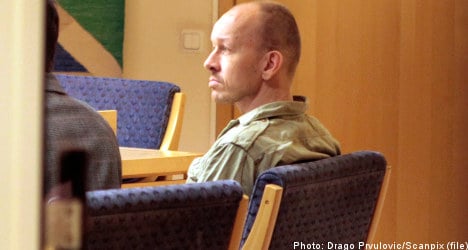
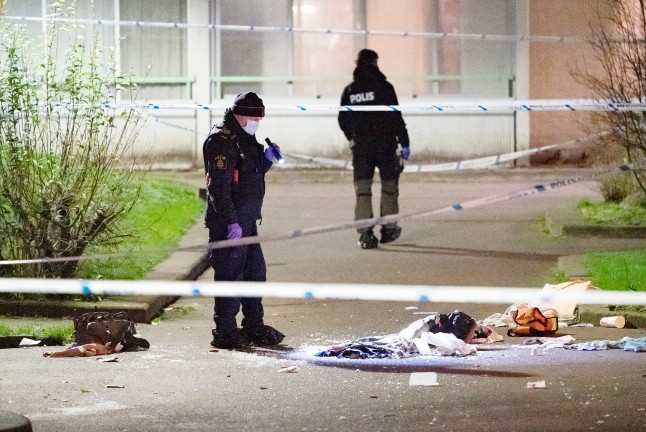
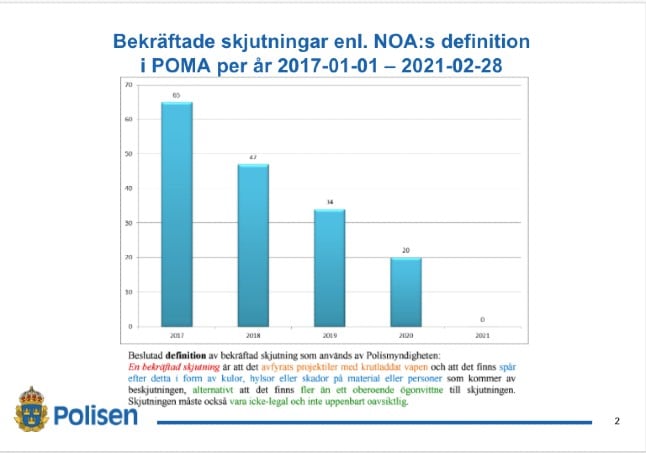
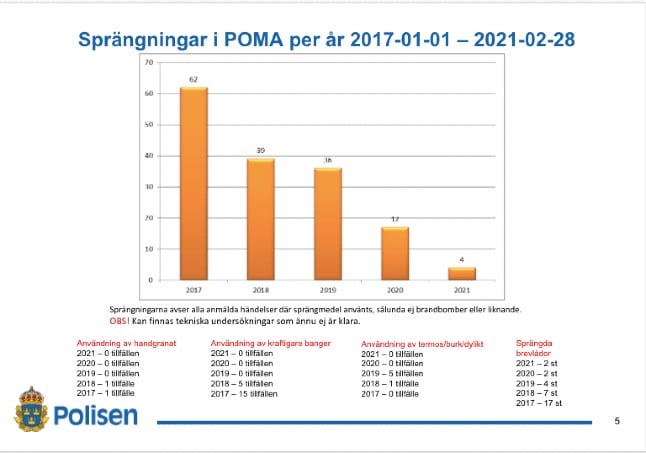
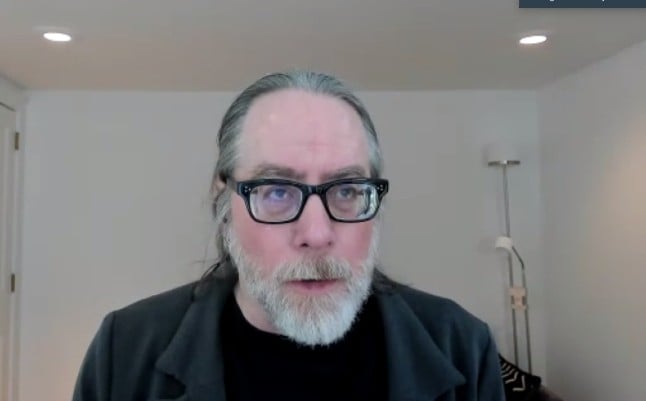
 Please whitelist us to continue reading.
Please whitelist us to continue reading.
Member comments